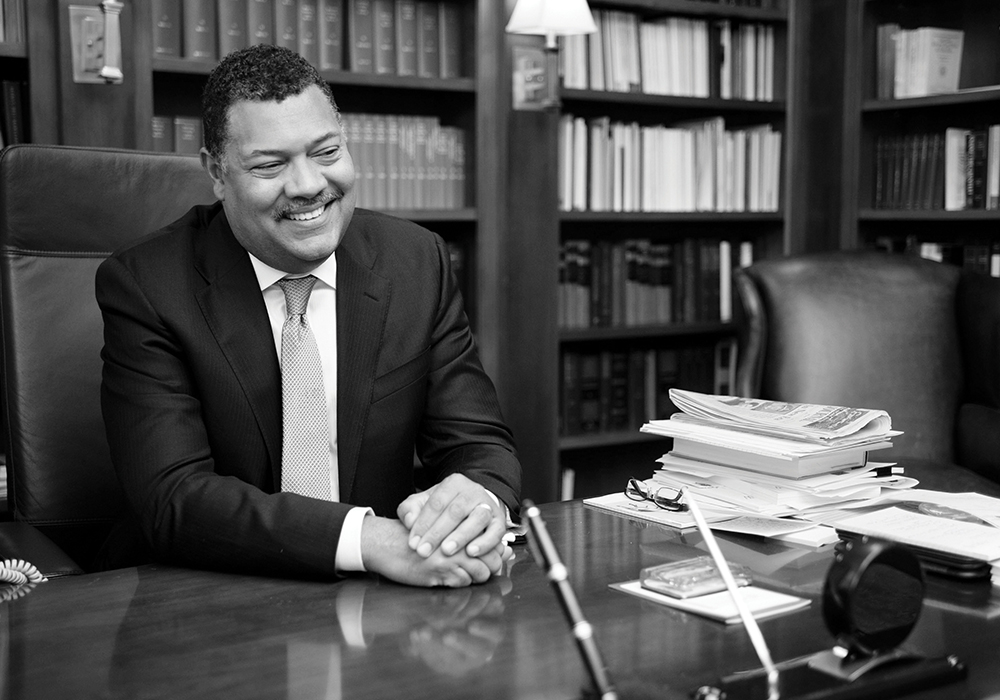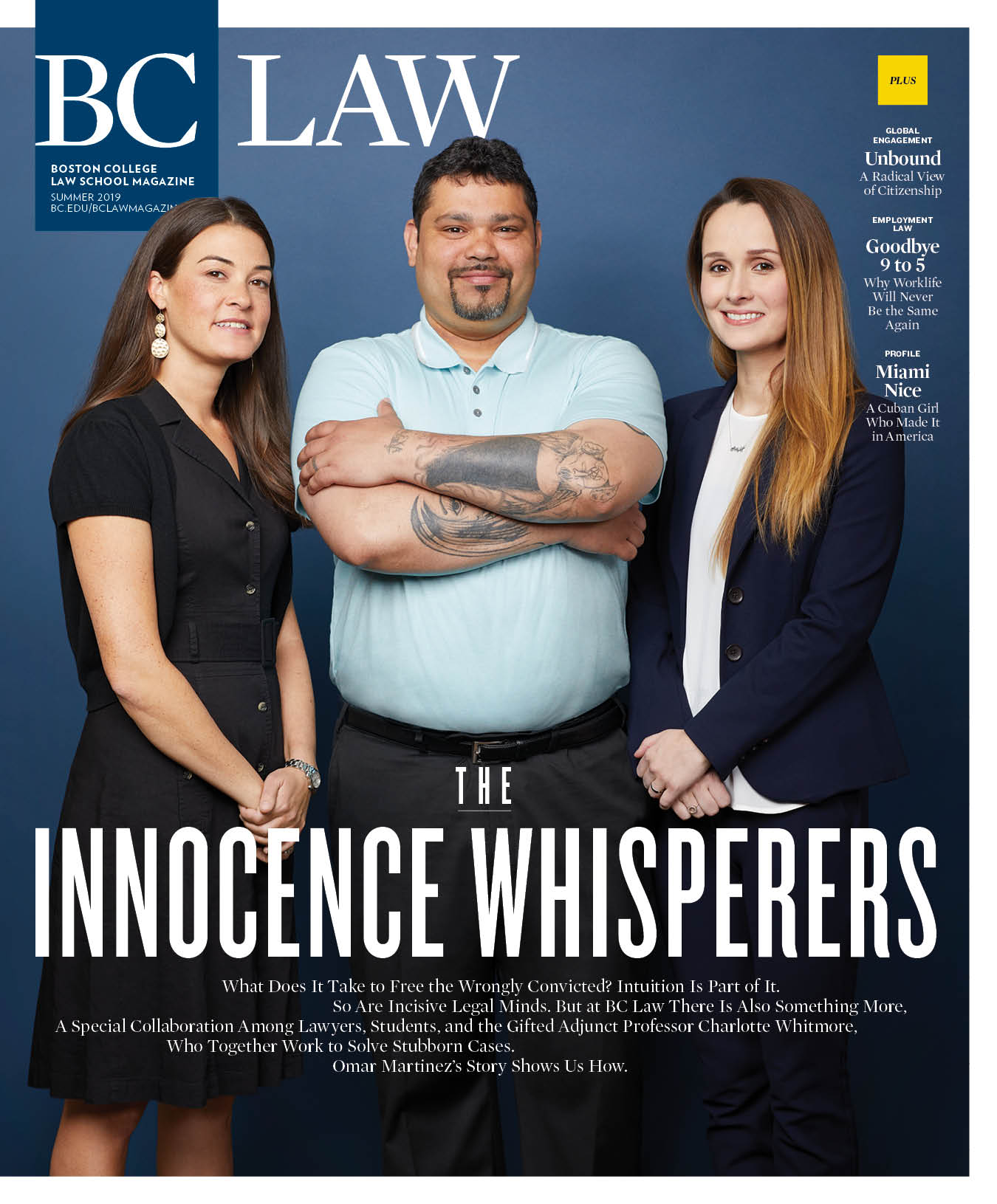Uzbekistan is a double landlocked country in the heart of central Asia. Its capital city, Tashkent, lies along the famed Silk Road. Modern-day Uzbekistan is both the steward of this ancient global crossroads of culture and trade—and the brave harbinger of what the region’s future could look like under the rule of law.
BC Law School is assisting Uzbekistan to become a modern nation integrated into the global economy and committed to operating under the rule of law. Over the next generation, major reforms will need to take hold in its educational, political, and legal systems to move the country forward.
Our involvement with the people of Uzbekistan is a reminder of the extraordinary hardships that many around the world have endured in their quest to obtain even a few of the privileges we take for granted. It also offers a warning against complacency. BC Law recently formed a partnership with Uzbekistan’s premier law school, the Tashkent State University of Law (TSUL), and in so doing became the first American law school in that country’s history to negotiate and sign a Memorandum of Understanding with TSUL.
For over a century, the Uzbek people lived under Russian colonial and Soviet domination, and when the Soviet Union collapsed, a newly independent Uzbekistancontinued to be run by its autocratic, Soviet-era president.
In the final decade of that presidency, the Slovenian NGO Regional Dialogue (RD) founded by Mjuša Sever engaged a rising generation of Uzbek leaders to lay the groundwork for reform. RD organized visits for Uzbek judges to the US and Europe to observe the legal systems in constitutional democracies. BC Law’s relationship with TSUL began during one such visit to the Supreme Judicial Court of Massachusetts and has expanded under the new president Shavkat Mirziyoyev, who has implemented an ambitious agenda of reforms.
“Hungary reminds us that democratic institutions can be subverted from within by a head of state bent on expanding and consolidating his power. Uzbekistan provides a counter-example.”
As I write this column, President Trump is hosting the Prime Minister of Hungary, Viktor Orbán, at the White House. Orbán has worked to exert autocratic rule over Hungary by rewriting the constitution, gerrymandering the electoral map, exerting control over the media, and weakening the courts. Many observers believe that Orbán is skillfully using the law and democratic freedoms to drive Hungary into authoritarianism.
As BC Law works closely with a nation that looks to the United States as a model of how to move away from totalitarianism, it bears considering whether our own democratic house is in order. With every heap of praise Trump offers authoritarian leaders around the world, it becomes increasingly difficult to discern the depth of his commitment to the rule of law here at home.
Hungary reminds us that democratic institutions can be subverted from within by a head of state bent on expanding and consolidating his power. Uzbekistan provides a counter-example of a new leader actually using the authoritarian power of his office to open his nation to democratic and economic reform.
The ability of Americans to withstand attack from within and without depends on our willingness to approach our responsibilities as citizens with the utmost seriousness, to call out destructive antidemocratic behavior, and to support the efforts of those around the world who seek to liberate themselves from tyranny. I am pleased that BC Law has been able to support the people of Uzbekistan on their journey toward a more democratic future.



